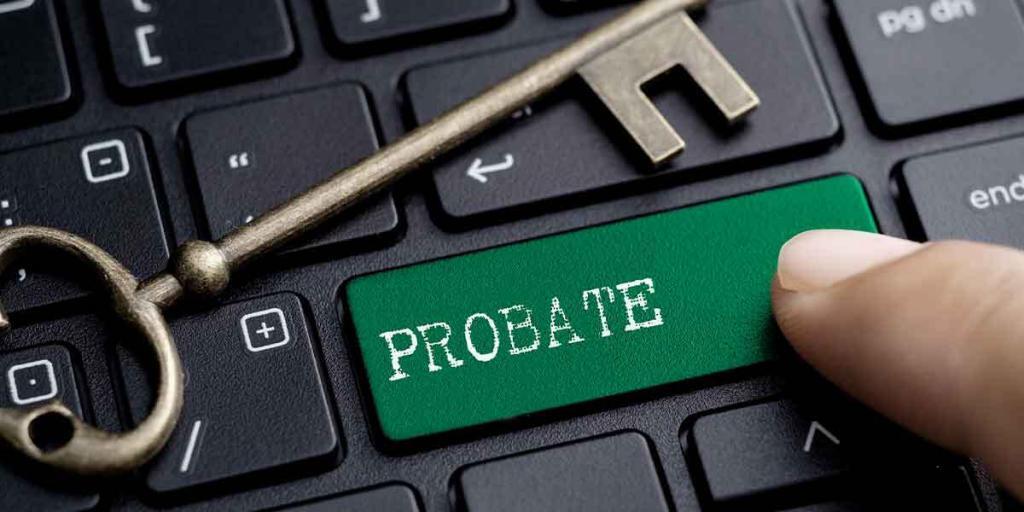What happens during the probate process?
Probate is a method where a will is proven to be legitimate and genuine enough to be accepted and enforced in a law court. However, the process may be a long, thorough battle and it takes a probate lawyer to help direct you through this entire process. Probate follows a formal procedure where the last Will is checked in a probate court before the will-based disposition of your assets and property. Based on other factors — such as state laws binding the locality — the probate process can be very complicated and challenging. Last must still face probate before being enforced. If you die, your family faces the burden of handling and distributing your assets among themselves. All Wills are not legitimate. A will can be questioned. If one or more parties believe that the deceased was coerced to sign the will or that they are cheated out of their inheritance, the party will file a contest of will petition. Increase the probate process. In the absence of a legitimate Last Will before the decedent’s death, intestacy laws resolve this condition.
Every state has different laws in place to decide what an estate requires. Such rules are used in “probate codes” of the estate, as well as “intestate succession” rules when someone dies without a will. Where no will did exist, probate is still required to pay the final bills of the decedent and disburse their assets. The steps involved are usually very similar, regardless of whether a will exists — although probate laws can vary by state.
Appointing an executor or a personal representative
Many states have regulations that allow those with the will of the deceased to file it with the probate court as soon as legally possible. An application or petition to open the estate’s probate is usually made concurrently. Often the death certificate will be submitted along with the will and petition. Completing and filing the petition isn’t a daunting task. Many state courts have forms. The judge sometimes appoints an executor, either a personal representative or administrator. This person will oversee the trial and settle the estate.
Locating and securing all decedent assets
First duty of the executor includes finding and taking custody of all the properties of the decedent to secure them during the probate process. It can take effort and sleuthing. Some people own assets they haven’t told anyone about, including their parents, and these assets may not be delineated in their will. In the case of real estate, to “cover” it, the executor is not allowed to move into the house or building and stay there throughout the process. Yet they must insure that property taxes are charged, insurance is kept current, and any interest payments are made so that the property is not lost. However, the executor may actually take possession of certain things, such as collectibles or even cars, in a secure place. They will compile all statements and other documents on bank and savings accounts, stocks and bonds.
After this process, the executor must notify all creditors of the deceased and also ensure payment of debt. The executor must file final personal income tax returns for the year they died. They must decide if the estate is responsible for any property taxes and, if so, file such tax returns.
Distribution of assets to beneficiaries.
After completion of all these measures, the executor will petition the court for permission to distribute what remains of the decedent’s assets to the beneficiaries specified in the will. This normally requires approval from the court, which is generally only given after the executor, has provided a full report of each financial activity they conducted during the probate process. Some states allow heirs of the estate to jointly waive this accounting obligation if they all agree it’s not required. Otherwise, the executor will report and justify all expenses incurred and all profits received by the estate. Some states have ways to promote this process.
Contact the Best Probate attorney near you today – 10036.
A probate attorney is pivotal to making well informed decisions that would definitely result into resolving any probate issues as well as making solid estate plans. Consulting our probate attorney would ensure all appropriate formalities are with proper protocol. With this, you stand at better chances of winning any legal probate matters and achieving your goals of estate plans with adequate execution.
With the wellbeing of you and your loved ones at risk and safety of your assets in question, is preparing estate plans yourself worth the risk? Why not Contact our best probate attorney 10036.









